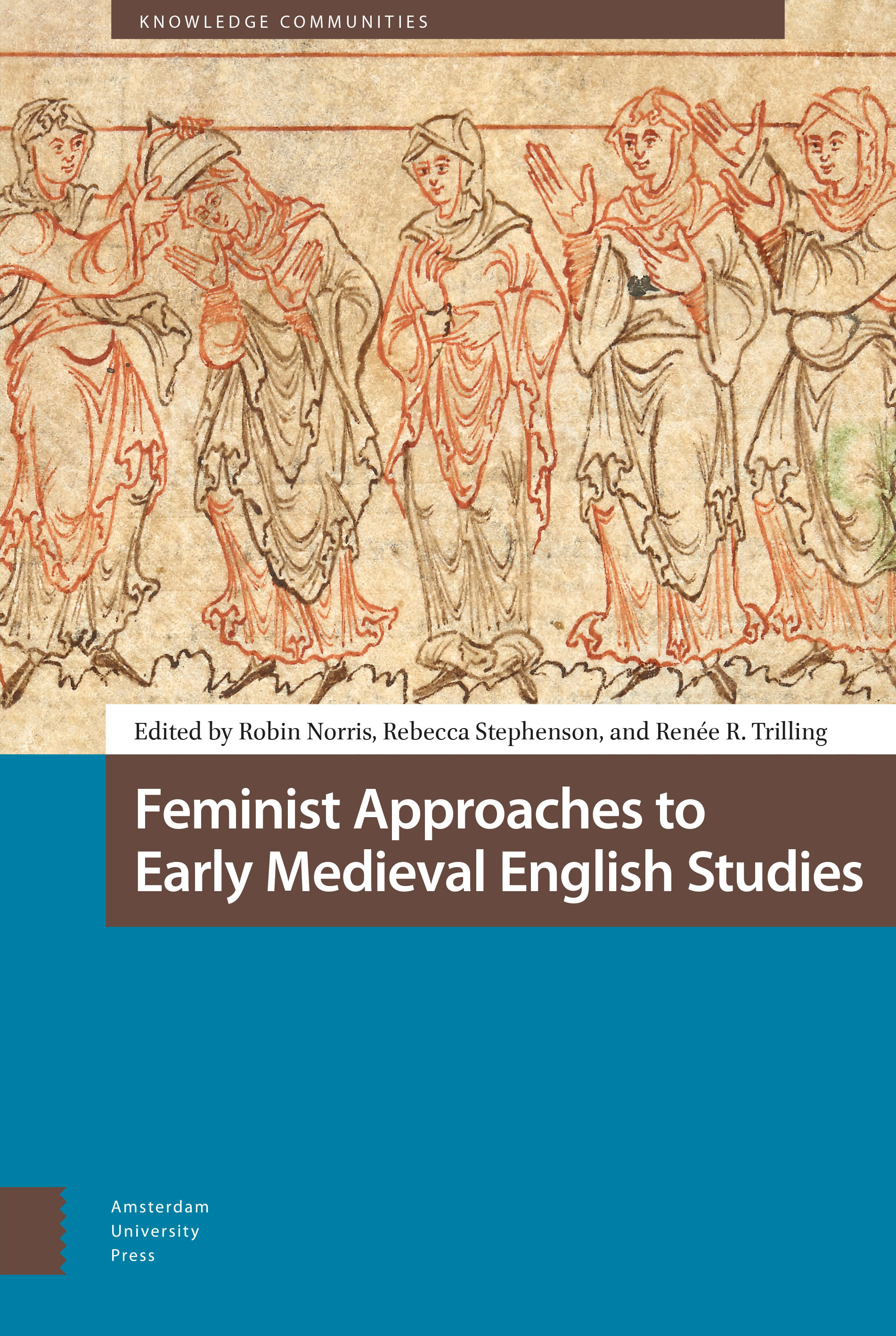7 - Chaste Bodies and Untimely Virgins: Sexuality, Temporality, andBede’s Æthelthryth
Published online by Cambridge University Press: 19 April 2023
Summary
Abstract
Bede’s double inscription of Aethelthryth in both narrative andhymn interrupts the temporal linearity of his HistoriaEcclesiastica just as her adamant refusal of dynasticreproduction disrupts and threatens the futurity of the Northumbrianroyal line. Her militant choice of virginity over marriage and ofeternity over worldly time provides a female model for the malecommunity to whom and for whom Bede writes. Bede dismantles binarygender as timebound, but he does so by appropriating women’slived experience and literary expression. As both historical subject anddevotional object, Aethelthryth thus constitutes a pivotal butproblematic figure in Bede’s theoretical engagement with theentanglement of temporality, sexuality, and gender that underwritesmonastic identity, male and female, in early medieval England.
Keywords: Bede; Aethelthryth; Sexuality; Virginity; andTemporality
Æthelthryth of Ely ranks among the most well-known saints of earlymedieval England. Yet more often than not modern interrogation of hersanctity focuses on her story as retold by Ælfric rather than aspresented in its first extant textualization—andÆlfric’s source—the Historica EcclesiasticaGentis Anglorum of the Venerable Bede. As Catherine Cubittnotes, Ælfric’s Life of Athelthryth(alongside his lives of other earlier virgin martyrs like Agatha andLucy) serves the purposes of the Monastic Reform movement, offering ahomiletic model for male readers far different from the original femalecongregation that first commemorated her. Bede’sÆthelthryth, while equally appropriated by a male monasticreader/writer and rewritten to suit his ideological and textualambitions, has received less critical attention.
It is the purpose of this essay, therefore, to focus attention onBede’s (re)writing of Æthelthryth into the history ofNorthumbria—and indeed into the regnal history of a king withparticular connections to Bede’s home monastery ofWearmouth/Jarrow—Book IV, Chapter 19 of theHistoria. It will seek to interrogate theÆthelthryth who appears in the Historia not only ashistorical subject—in both secular dynastic and monastic historicalnarrative—but also, indeed particularly, as a devotional object inBede’s hymn in her honor. That interpolated text, comprising thewhole of Chapter 20, situates her in an alternative (and markedly female)spiritual lineage descending from the Virgin Mary and the Roman virginmartyrs.
- Type
- Chapter
- Information
- Feminist Approaches to Early Medieval English Studies , pp. 197 - 222Publisher: Amsterdam University PressPrint publication year: 2023



